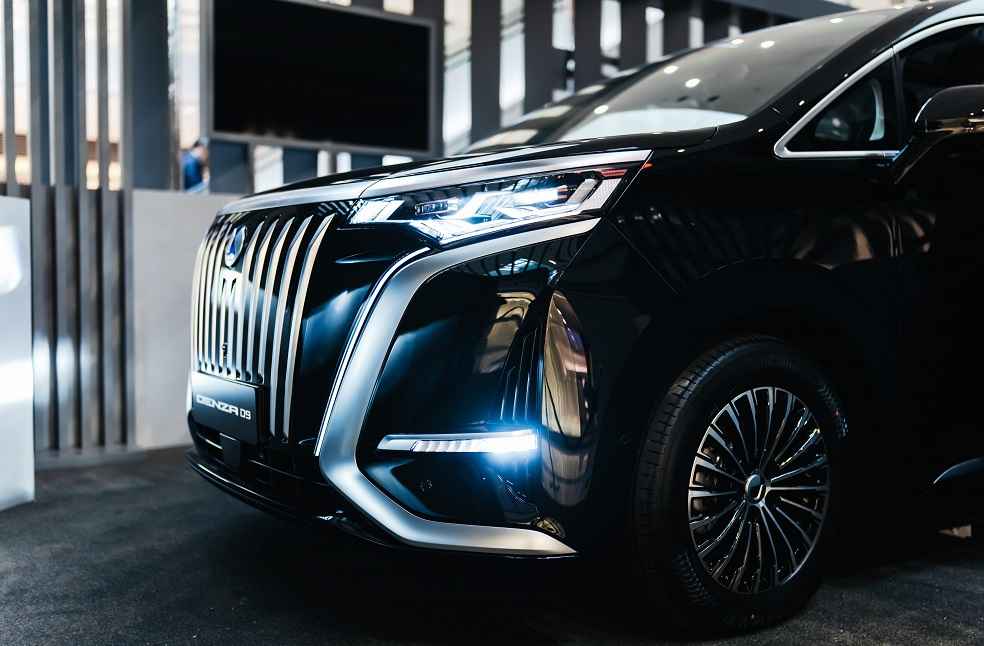BYD, a leading global electric vehicle (EV) manufacturer, has entered into a partnership with Grab, Southeast Asia’s largest ride-hailing platform, to bolster the region’s EV fleet. This collaboration follows a similar agreement BYD made with Uber in July 2024.
As part of the partnership, Grab will offer its driver-partners across Southeast Asia access to up to 50,000 BYD EVs. Grab aims to lower the financial barriers for its fleet partners and drivers by providing competitive rates and extended warranties on EV batteries.
Drivers will have options to rent EVs from Grab’s fleet partners or access financing support through Grab’s car ownership program. The partnership covers Indonesia, Malaysia, the Philippines, Singapore, Thailand, and Vietnam, featuring BYD models such as the Denza D9 MPV, BYD Atto 3, BYD Seal, and BYD M6.

Grab intends to position BYD’s Denza brand as a cornerstone of its premium GrabExec fleet. The Denza D9, a luxury seven-seat electric MPV, is expected to redefine executive transportation with a focus on sustainability, convenience, and style.
“This collaboration enables us to drive the transition to EVs forward by lowering the financial barriers often associated with EVs and delivering economic benefits to our driver-partners, including potential fuel cost savings,” said Chuck Kim, Managing Director of Business Development at Grab.
Additionally, the partnership includes advanced technological integration. BYD vehicles in Grab’s fleet will feature IoT connectivity, enabling telemetry and sensor data to be seamlessly integrated into the Grab platform. This will allow real-time insights into driving patterns, helping drivers improve their driving behavior. Grab’s driver app will also be installed on BYD vehicles’ head units, providing a larger interface for navigation and work management.

Grab had previously announced plans to expand its EV fleet in Indonesia by over 1,000 vehicles by the end of 2024, primarily using BYD models.
Globally, BYD has been scaling its presence in the ride-hailing market. Its July 2024 partnership with Uber aims to deploy 100,000 BYD EVs in key markets, including Europe, Latin America, and expanding into the Middle East, Canada, Australia, and New Zealand.
BYD’s success in the EV sector is evident in its sales performance. In 2024, the company sold 4.27 million new energy vehicles (NEVs), marking a 41.26% increase year-on-year. Its overseas sales reached 417,204 units, a 71.86% year-on-year growth.
Looking ahead, Deutsche Bank analysts project BYD to sell 5.52 million vehicles in 2025, reflecting the growing demand for sustainable mobility solutions.
GENERAL | BYD Confirms Entry Date into South Korea’s Passenger Car Market





